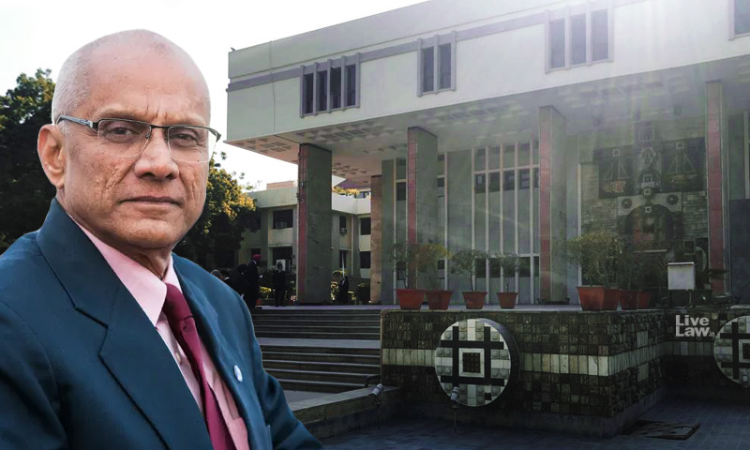Leave It To Trial Courts To Decide How Marital Rape Is Proved : Colin Gonsalves To Delhi High Court
Nupur Thapliyal
4 Feb 2022 9:16 PM IST

Next Story
4 Feb 2022 9:16 PM IST
The Delhi High Court on Friday continued hearing a batch of petitions challenging the exception to Section 375 of the Indian Penal Code, which exempts forceful sexual intercourse by a man with his own wife from the offence of rape.Senior Advocate Colin Gonsalves, representing one of the petitioners, argued before a bench of Justice Rajiv Shakdher and Justice C Hari Shankar that it...
